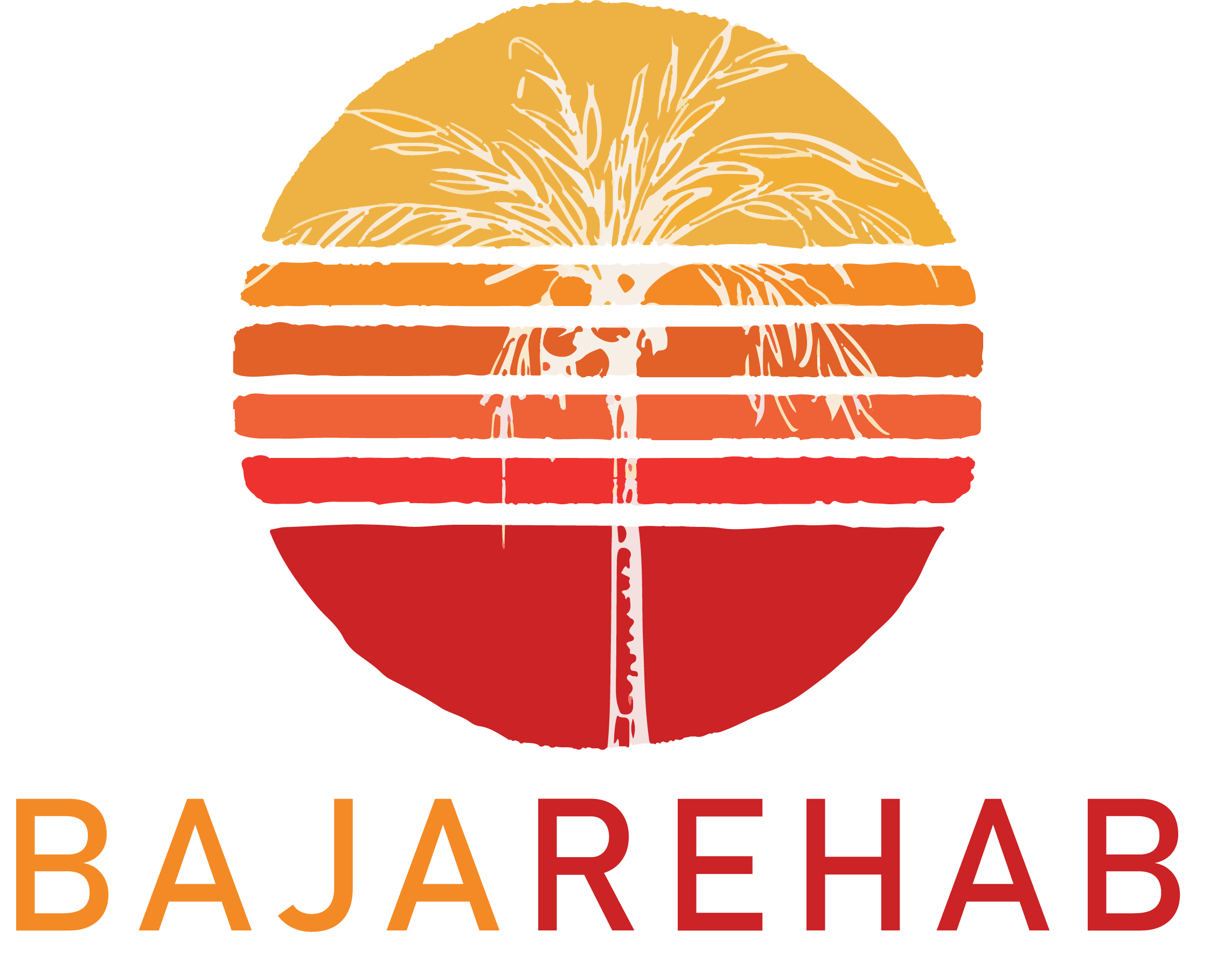Types of Rehabilitation Therapies

There are various addiction rehab therapies available, including cognitive behavioral therapy (CBT), dialectical behavior therapy (DBT), motivational interviewing, experiential therapy, family therapy, group therapy, and individual therapy. CBT helps individuals identify and modify negative thinking patterns and behaviors, while DBT emphasizes emotional regulation and interpersonal skills. Motivational interviewing helps individuals find their own internal motivation to overcome addiction. Experiential therapy utilizes activities such as art, music, and outdoor activities to promote healing and learning. Family therapy and group therapy involve support from peers and loved ones, while individual therapy provides personalized one-on-one counseling.
Cognitive behavioral therapy (CBT)
Cognitive behavioral therapy (CBT) helps those struggling with addiction by identifying and changing negative patterns of thinking and behavior. It addresses underlying issues related to addiction such as trauma, anxiety, and depression. CBT helps people develop positive coping mechanisms, problem-solving skills, and stress management techniques. It also helps individuals identify triggers for their addictive behaviors and develop strategies to avoid or manage these triggers. CBT can be used as an individual or group therapy and has been shown to be effective in treating a range of addictions, including substance abuse, gambling, and eating disorders.
Dialectical Behavior Therapy (DBT)
Dialectical Behavior Therapy (DBT) is a comprehensive treatment that helps people struggling with addiction by teaching them a set of skills to manage their emotions and behaviors. DBT helps individuals learn to identify triggers and cope with negative emotions without resorting to substance abuse. It also addresses other risk factors, such as impulsivity, poor communication, and dysfunctional relationships. DBT has been shown to be effective in reducing substance dependence, improving treatment adherence, and preventing relapse. The therapy provides a non-judgmental approach that provides individuals with a better understanding of their emotions and how to manage them.
Experimental therapies
Experimental therapies for addiction include a variety of activities aimed at helping individuals overcome addiction. Examples include equine therapy, where individuals work with horses to build trust and improve communication skills, adventure therapy, which involves outdoor activities such as hiking or kayaking to build self-esteem and confidence, and mindfulness and meditation practices, which focus on developing awareness and reducing stress. Other experimental therapies include art therapy, music therapy, and yoga. These therapies can complement traditional addiction treatment modalities and help individuals develop coping skills to maintain long-term recovery.
Contact us today to learn more about our conservatorship program.


